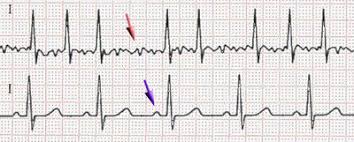Author Interviews, JAMA, Mayo Clinic, Race/Ethnic Diversity, USPSTF / 20.11.2021
USPSTF Addresses Health Inequities Due to Social, Economic and Structural Factors
MedicalResearch.com Interview with:
Chyke A. Doubeni, M.D., M.P.H.
Member of the U.S. Preventive Services Task Force since 2017
Director, the Mayo Clinic Center Health Equity and Community Engagement Research
Department of Family Medicine
Mayo Clinic in Rochester, MN
MedicalResearch.com: What is the background for this study? What are the main findings?
Response: People who experience systemic racism generally have shorter life expectancies and experience more health problems. Racism can increase the chances of getting preventable conditions, limit access to health information, and restrict access to actual preventive care.
To confront these issues and promote antiracism and health equity, the Task Force commissioned a review of the evidence around how systemic racism currently undermines preventive healthcare. Based on that review, the Task Force has developed an initial set of strategies to reduce the effects of systemic racism, which includes prioritizing topics that are likely to advance health equity, assessing the Task Force’s language to ensure it is culturally appropriate, and calling for more research in people of color. (more…)



